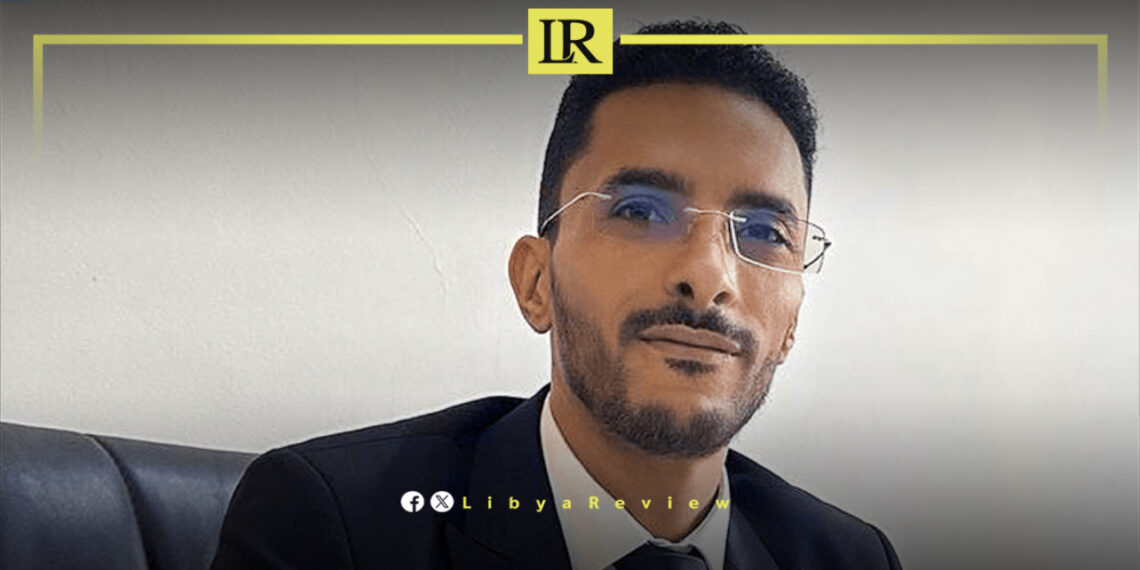The head of the National Institution for Human Rights in Libya (NIHRL), Ahmed Hamza, has issued a stark warning about the potential for a new war in Libya if the current state of division continues.
In a post on Facebook, Hamza wrote, “If these exceptional circumstances and ongoing divisions persist, I believe they will lead to highly dangerous and catastrophic scenarios.”
Hamza expressed concern over several alarming developments, including the potential for renewed conflict, the increasing presence of foreign military forces, and the deepening political and institutional fragmentation in the country. He also highlighted the risk of further deterioration in Libya’s security, humanitarian, and economic conditions, as well as the possible collapse of sovereign institutions and the fragmentation of national unity.
The statement underscores the urgent need for political reconciliation and unified governance to prevent Libya from plunging into further chaos.
Libya has been in chaos since a NATO-backed uprising toppled longtime leader Muammar Gaddafi in 2011. The county has for years been split between rival administrations.
Libya’s economy, heavily reliant on oil, has suffered due to the ongoing conflict. The instability has led to fluctuations in oil production and prices, impacting the global oil market and Libya’s economy.
The conflict has led to a significant humanitarian crisis in Libya, with thousands of people killed, and many more displaced. Migrants and refugees using Libya as a transit point to Europe have also faced dire conditions.
The planned elections for December 2021 were delayed due to disagreements over election laws and the eligibility of certain candidates. This delay has raised concerns about the feasibility of a peaceful political transition.
Despite the ceasefire, security remains a significant concern with sporadic fighting and the presence of mercenaries and foreign fighters. The unification of the military and the removal of foreign forces are crucial challenges.


